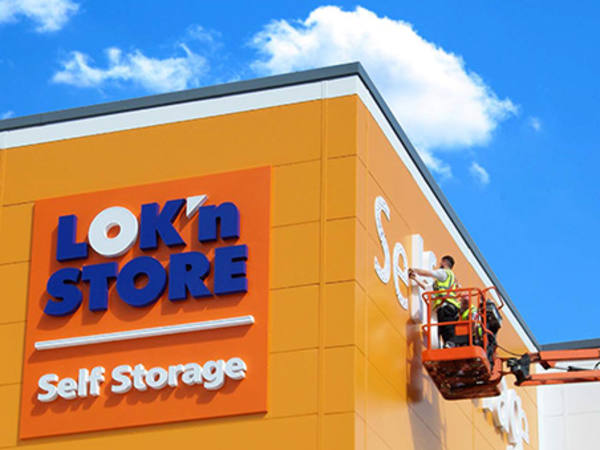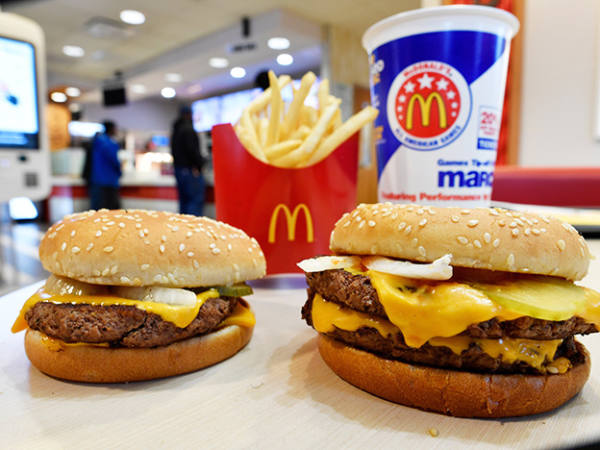- James Halstead highlights the challenges of global trade
- Slow recovery in UK services
- THG acquires beauty brand
James Halstead highlights challenges in global trade
Anyone who has attempted a building project in 2021 will attest the challenges of finding materials. James Halstead (JHD) explains why in its trading update. “Early indications in February that international freight was showing signs of improving, in terms of cost and availability, were short lived,” says chief executive Mark Halstead. Then came the blockage in the Suez Canal and turmoil in China especially at the port of Yantain which handles vast amounts of international freight.
Ongoing Covid-19 restrictions certainly haven’t helped. Nor have the new trading agreements between the EU and the UK. Meanwhile, employee shortages (courtesy of the ‘pingdemic’) have had a particularly painful impact on production facilities. James Halstead’s factory in Manchester has struggled to reach full capacity this year.
But demand remains intact. Indeed, in some sectors demand is stronger than ever as private housing projects, covid-vaccine facilities and domestic offices seek new flooring. For financially stable James Halstead - which has been able to continue operating through its commercial outlets - business has been relatively strong. The company has managed to pick up market share from competitors in the retail space which weren’t able to operate throughout the pandemic. Its online business has also thrived.
Read more like this:
Demand for repairs boosts Travis Perkins
Breedon makes hay as construction booms
Howden Joinery passing costs increases to customers
Recovery slowing?
Supply bottlenecks and the impact of the ‘pingdemic’ on the UK labour force may have contributed to a slowing in the growth of the important UK services sector. The latest Purchasing Managers Index (PMI) reading for the UK’s dominant sector slipped to 59.6, still showing strong growth but the weakest reading for the IHS MArkit/CIPS index since March. There are signs that the strongest period of recovery from the pandemic may have passed in terms of pent up consumer demand being released and this has been compounded by the twin effects of supply shortages and workforce absences due to enforced isolation for those in contact with people testing positive for Covid 19.
There were further warning signs for the UK economy in the survey which showed that input pricing pressures and recruitment difficulties are adding to inflationary pressures across the service sector. Focus will now switch to the Bank of England’s Monetary Policy Committee meeting tomorrow where interest rates are expected to be held near record lows but there could be revisions to inflation and growth targets for the remainder of the year which may give a sign of when a tightening of monetary policy may be required.
For more on the likelihood of inflation rising further in the second half, read Chris Dillow’s latest analysis.
See also:
The inflation threat to shares
Karl Sternberg: “People believe too much in central banks”
Is a housing market bubble brewing?
Taylor Wimpey’s storming set of financial results (7,300 house completions in the first six months of the year) suggests the UK housing market is in fine form. The company has raised its full-year profit expectations to £820m from £779m and now expects to complete up to 14,000 new homes in 2021.
But chief executive Pete Redfern denies a housing bubble. “Market conditions are completely different from the time of the last house price crash in 2007,” he told the BBC in an interview this morning.
He’s right. The last housing market collapse came about during a time of lax mortgage standards, while a lot of the house purchasing was being done by investors. This time round, rapidly rising house prices have been underpinned by multiple factors, including low interest rates, a pause on stamp duty and a change in living habits brought about by the pandemic. Meanwhile, the demand for new housing in the UK remains as strong as ever.
Last week, property website Zoopla said surging demand for houses would last well into 2022 as buyers continued to look for more room after being cooped up during the pandemic. That’s good news for housebuilders like Taylor Wimpey, but it is worth keeping a wary eye on longevity of the housing market surge.
The Hut Group buys Cult Beauty in further direct-to-consumer expansion
Digital direct-to-consumer retailing is starting to play a big role in many different sectors of the market. It’s helping the likes of Nike and Adidas improve margins as these big brands reduce their reliance on expensive stores or third party retailers who may take a cut.
But the business model is not confined to fashion labels. Segments of the beauty market are also beginning to sell their goods directly to consumers via snazzy websites and apps. That may be why The Hut Group (THG) has decided to bring Cult Beauty into its fold. The company - which listed in September 2020 - is an expert in taking brands directly to their consumers around the world. And the more brands it has in its stable, the more reach (and the more revenues and profits) it can generate.
The question for investors is whether THG is getting a bit carried away with its acquisition strategy. The company has bought Cult Beauty from private shareholders including majority for £275m on a cash and debt-free basis and plans to invest in the expansion of its international sales.







